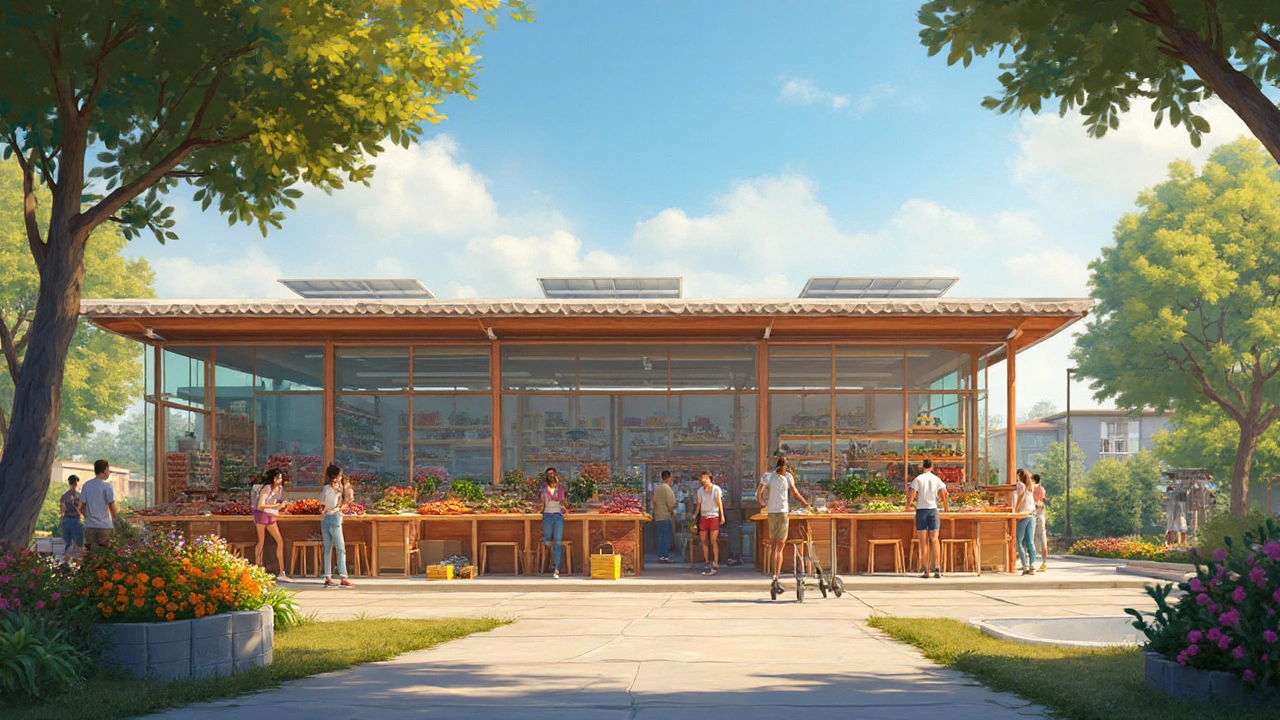Civic Engagement: Easy Steps to Make a Real Difference
Ever wonder how you can turn a good intention into real change? Civic engagement isn’t a fancy term reserved for politicians—it’s the everyday actions you take to improve your school, neighborhood, or city. Whether you’re a high‑school junior or a busy parent, there are clear, doable steps you can start now.
Start Small with School‑Based Projects
Look around your campus. Is there a garden that could use fresh soil? A hallway that needs a recycling bin? Organize a quick meeting with a teacher or club advisor and pitch a simple project. A one‑hour clean‑up or a fundraiser for a local shelter can spark bigger initiatives and show classmates that change starts locally.
Join or Launch a Community Group
Many towns have volunteer clubs, youth councils, or neighborhood watch groups that welcome new members. If you can’t find one that fits, start yours. Pick a clear goal—like increasing park safety or supporting seniors with grocery runs—and invite friends to help. A small, focused group often moves faster than a big, vague organization.
Use social media wisely. A short video or a series of Instagram stories can rally peers and keep momentum going. Tag local officials, use relevant hashtags, and watch the conversation grow. Remember, consistency beats hype; posting regular updates keeps people engaged.
Don’t underestimate the power of voting in student government. Running for a position or supporting a candidate who cares about student mental health, sustainability, or equity can shift school policy from the inside. Even if you lose, the campaign raises awareness about issues that matter to you.
Volunteer at places that align with your passions. If you love the arts, help a community theater with set design. If sports excite you, coach a youth league. Matching your interests with service makes the work feel less like a chore and more like a hobby.
Track your impact. Keep a simple spreadsheet of hours, people reached, and outcomes. Seeing numbers grow fuels motivation and gives you concrete data to share in college applications or job interviews.
Finally, reflect on what you’ve learned. Ask yourself: What worked? What surprised me? Sharing these insights with classmates creates a ripple effect, encouraging more students to take part.
Civic engagement isn’t about grand gestures; it’s about steady, purposeful actions that add up. Start with one project, bring a few friends along, and watch how small steps turn into lasting community change.
- Sep, 21 2025

Explore how high schools act as economic engines, civic hubs, and partnership platforms that boost community growth, with real examples and actionable steps.
- Read More